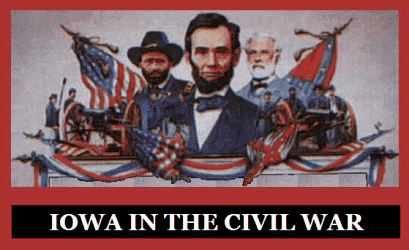front row -
Ernest Eben - born July 30, 1884, Robney, Ford County,
Illinois,
died - October 3, 1942
Sarah Catharine -
born May 25, 1842, Woodstock, Shenandoah County, VA,
died
January 26, 1929
Jonathan Henry - born May 9, 1841,
Woodstock, Shenandoah County, VA, died February 3, 1910
George James - born November 1, 1869, Woodstock, Shenandoah
County, VA,
died August 19, 1955
Click on the map, document and gravestone photos for
a larger view of them |
back row -
Lucy Anna - born June 26, 1874, McLean County, Illinois
Anna Elizabeth - born August 14, 1871, Newark, Licking
County, Ohio
Charles Reuben - born July 16, 1880, Paxton,
Ford County, Illinois,
died - June 4, 1950
Milton
Jacob - born May 12, 1883, McLean County, Illinois, died April
30, 1952
Harvey Hoover - born August 1, 1866, Woodstock,
Virginia,
died November 28, 1944
Sarah Neff - born
August 9, 1876, McLean County, Illinois,
died December 27,
1950
|
